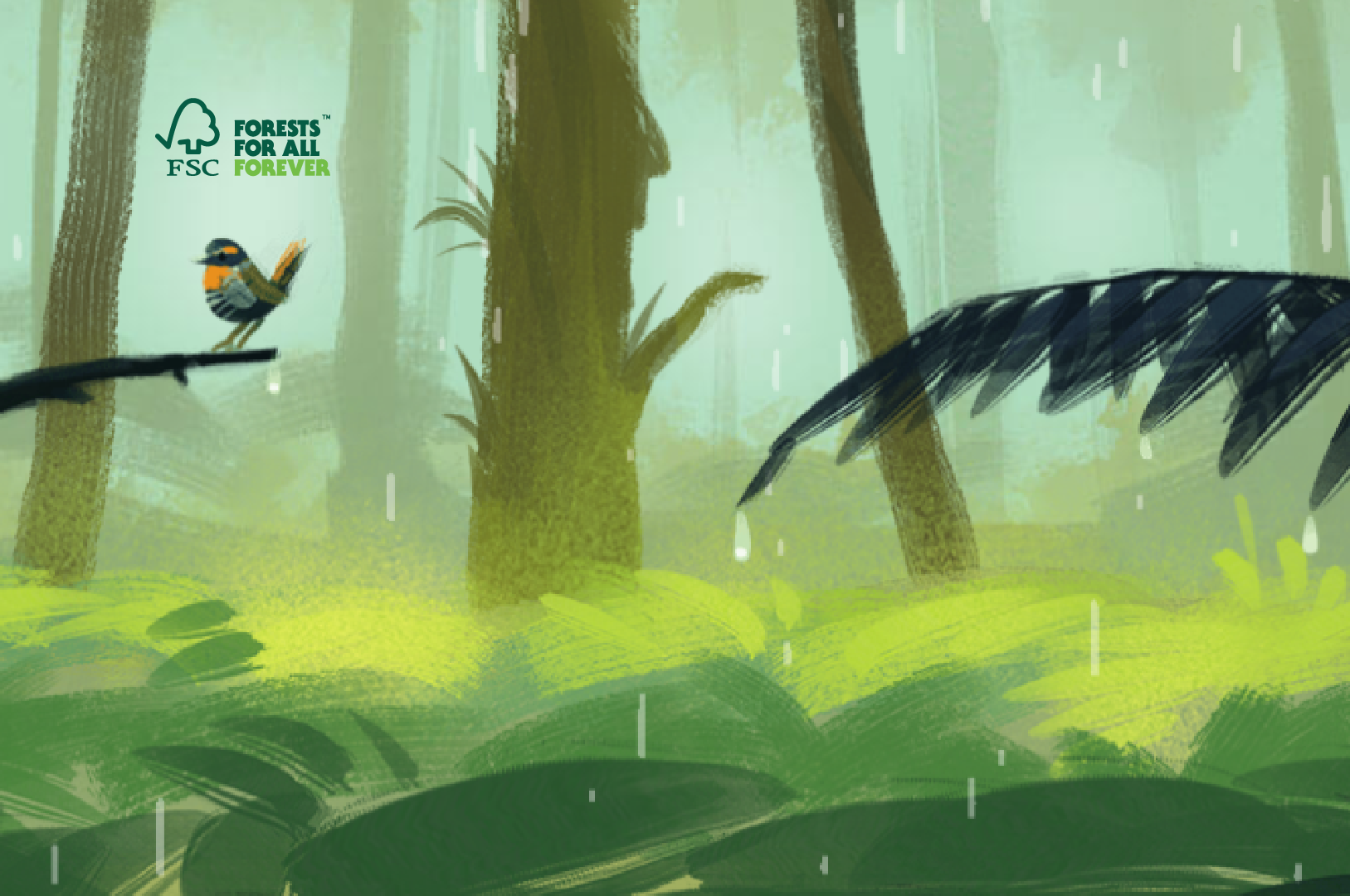
In 1990, concerned about deforestation and soil degradation, a group of companies, environmental associations and human rights NGOs came together to create something bigger than themselves. They saw the need to define a system to identify well-managed forests, ensuring the sustainability of their exploitation.
The Forest Stewardship Council was born as a non-governmental, independent, international institution with the credibility to certify good practices related to forest management and responsibly produced wood products.
But nowadays, the FSC does not only certify timber products, but its certifications include forestry products such as fruits, honey, game meat, extensive livestock products and medicinal aromatic plants. Everything within a certified forest is eligible for certification if its conditions are compatible.
Going a step further, the FSC has started to certify ecosystem services, giving value to those regions where their forest management has a positive impact on the conservation of fauna and flora species. But not simply for their exploitation, but as an indispensable aid to climate regulation, the production of clean water and fertile soil, a source of biodiversity and a space for leisure, well-being, exercise, and celebration.
Caring for and valuing what we already have is a key factor in conserving biodiversity and ensuring the sustainability of our forests. Working together with the forest is the only way to ensure fair exploitation of its resources and the FSC is helping millions of people around the world to become aware and appreciate what a sustainable forest can do.
You can find out more about FSC certification on their website.